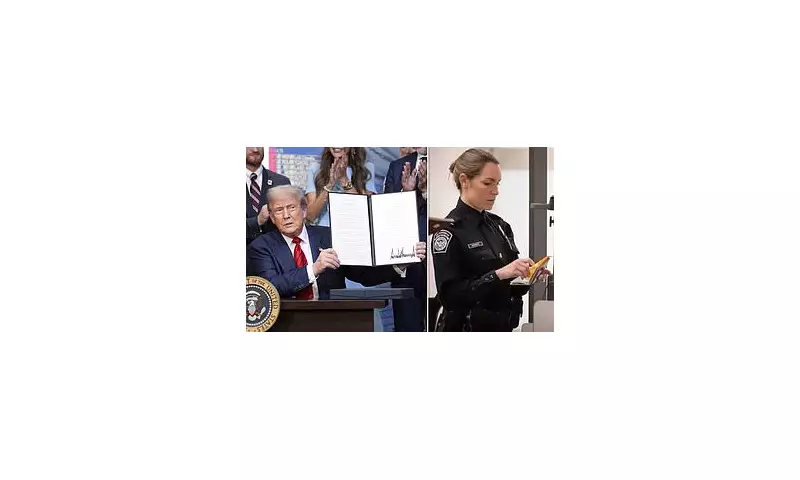
In a move that has ignited a fierce debate on privacy and civil liberties, the Trump administration has announced plans to implement extreme vetting measures for nearly all visitors to the United States.
The controversial new policy, confirmed by the Department of Homeland Security (DHS), will mandate that almost every individual applying for a visa must hand over their social media identifiers for official scrutiny. The stated aim is to root out individuals expressing what officials deem 'anti-American' or extremist views.
The Scope of the Digital Dragnet
The proposed change, published in the Federal Register, represents a significant expansion of government surveillance. It will affect an estimated 14.7 million people annually, including travellers and immigrants.
While the DHS insists the measure is a critical tool for national security, critics have slammed it as a dangerous and ineffective invasion of privacy that could easily be abused to target political dissent.
A Chilling Effect on Free Speech
Civil liberty groups and tech experts have raised immediate alarms. They argue that the policy will have a profound chilling effect on free speech, discouraging individuals worldwide from engaging in legitimate political discourse for fear of being blacklisted by US authorities.
Furthermore, the vague and subjective nature of identifying 'anti-American' content leaves the door wide open for arbitrary and discriminatory enforcement, potentially barring entry based on an individual's political opinions or national origin.
Questions Over Efficacy and Implementation
Beyond the ethical concerns, serious practical questions remain. The policy assumes officials can accurately analyse millions of social media posts across different languages and cultural contexts—a task even sophisticated AI struggles with.
There are also no clear guidelines on how this vast amount of personal data will be stored, protected, or eventually destroyed, creating a massive new vulnerability for data breaches and misuse.
This aggressive step solidifies the administration's 'extreme vetting' agenda, but at a potential cost to America's reputation as an open society and its relationship with allies abroad.





